6 Questions to Ask Your Local Virtual Therapist
Virtual therapy has become an important part of mental health care, providing accessible and flexible support for many individuals. As this form of therapy gains popularity, it’s essential to know how to find a local virtual therapist who fits your needs. Asking the right questions can help you understand what to expect, prepare for your sessions, and ensure the approach suits your unique situation. Here are six key questions to guide your conversation.
1. What Are Their Qualifications and Experience?
The first step is to learn about your virtual therapist’s background. Knowing their education and experience gives you confidence that you’re working with someone qualified. It’s also useful to ask about their areas of focus, such as depression, anxiety, couples therapy, or life transitions, so you can be sure their expertise aligns with your concerns.
2. Which Therapeutic Methods Do They Use?
Different therapists use different approaches based on their training and the issues they treat. For example, cognitive behavioral therapy is often recommended for anxiety and depression, while couples therapy requires tailored techniques. According to Forbes, couples therapy positively impacts 70% of those receiving treatment, showing how effective the right method can be. Understanding their approach helps you decide if it feels right for you.
3. How Are Sessions Scheduled and What Are the Costs?
Knowing the logistics ahead of time is vital for a successful therapy experience. Ask about how often sessions occur, how long each one lasts, and what fees to expect. This transparency ensures therapy fits within your schedule and budget. It’s also important to learn how your local virtual therapist manages emergencies or crises to feel secure beyond routine appointments.
4. How Is Confidentiality and Privacy Ensured?
Since virtual therapy relies on digital platforms, find out how your therapist protects your privacy and keeps your information secure. You might also want to ask what technology or software they use and whether they provide technical support if needed.
5. How Are Goals Set and Progress Measured?
Ask how your virtual therapist sets goals and tracks your progress. Clear objectives and regular check-ins can help keep therapy focused and productive, supporting your growth and healing.
6. Do You Feel Comfortable and Supported by This Therapist?
Finally, it’s important that you feel comfortable with your therapist’s style and communication. Don’t hesitate to ask about their communication preferences and how they handle challenges during sessions. Feeling understood and supported builds a strong therapeutic relationship.
Choosing the right local virtual therapist involves careful consideration and honest conversation. By asking these questions, you’ll be better prepared to find someone who can support you through life’s challenges and transitions. At KLQ Therapy Services, we’re committed to walking with you on your path to emotional wellness, offering individual therapy, couples therapy, life coaching, and more to meet your needs.


Share On: